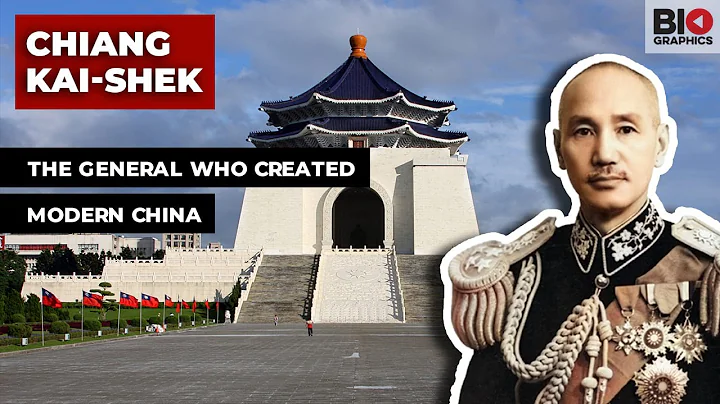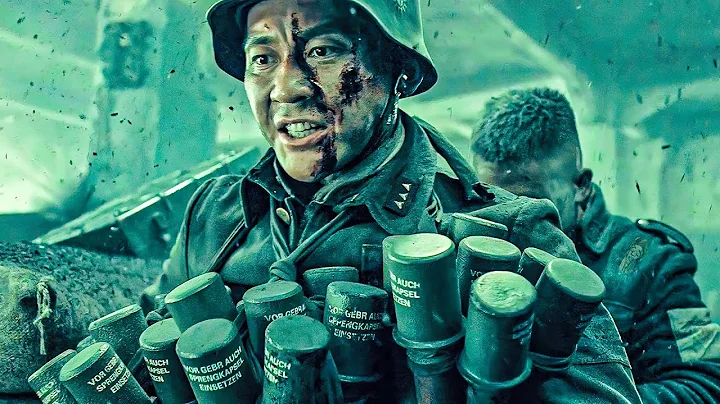During the Republic of China, warlords raised most of their military expenditures on their own territory. If they were unlucky and lost the battle and lost their territory, then there would be no source of military expenditures, and military supplies, food and wages would become a problem.

For example, in May 1927, at the invitation of Chiang Kai-shek , the Sichuan warlord Yang Sen led an army of more than 40,000 people from Wanxian County to the east in an attempt to attack the National Government in Wuhan. They were severely beaten by Tang Shengzhi, and seven of his troops were annihilated. The regiment suffered heavy losses and fled back to Sichuan in embarrassment.
Immediately in January 1928, Yang Sen was dismissed from his post by the Nanjing National Government for sheltering the leader of the Zhili warlord Wu Peifu who had fled to central Sichuan after his defeat. As a result, the department was in internal strife. His subordinates and Guo Rudong, who were originally attached to him, Fan Shaozeng and others either set up their own business or switched to others, and their strength was greatly damaged.
In October 1928, Yang Sen formed an alliance with Liu Cunhou, Lai Xinhui, Lai Xinhui, Guo Rudong, Huang Yin, Li Jiayu, Chen Shunong, Luo Zezhou and others in central Sichuan to jointly oppose Liu Xiang. Unexpectedly, Liu Xiang wooed Liu Wenhui and restrained Liu Cunhou, Lai Xinhui and others. Only Luo Zezhou and Yang Sen's troops entered Chongqing.
In order to seize Chongqing, Luo Zezhou underestimated the enemy and advanced rashly. Liu Xiang gathered the main force to launch a fierce attack on the Luo tribe in the Yiwanshui area in the north of the Yangtze River. After two days of fierce fighting, he defeated it. Liu Xiang immediately turned around and launched an attack on Yang Sen. He defeated Yang Sen's troops at Tieshanping and Zhangguan lines, and pursued the victory, capturing all 21 counties under Yang Sen's Lower Sichuan Defense Area. About 30,000 Yang Sen's troops were recruited, and Yang Sen led The remaining troops fled to Qu County .

After repeated defeats, Yang Sen temporarily lost the strength to compete for supremacy in Sichuan and could only temporarily settle down in Qu County. However, a mere Qu County could not support so many people under Yang Sen. For a while, it was unable to support itself with military supplies and wages, so it had to rely on others to survive, relying on the support of former allies such as Li Jiayu and Luo Zezhou.
However, at that time, there had been wars in central Sichuan for many years, and the people's lives were miserable. Li Jiayu, Luo Zezhou, and others were overwhelmed by Liu Xiang and Liu Wenhui's suppression. They were also very tight on money. The amount of money they could spend to support Yang Sen was very limited, and it was sometimes unavailable. , it is impossible to guarantee the daily expenses of Yang Sen's department. In desperation, Yang Sen could only stipulate that officers in the army, regardless of rank or official rank, would only receive military pay of 2 yuan and 80 cents per month, while soldiers would receive 2 yuan and 10 cents per month.

You must know that the monthly salary of a soldier in the Beiyang Army was eight yuan, of which six yuan was deducted for food and military uniforms. Although during the warlord period, many local troops were not treated as well as the Beiyang Army, and their military pay was also lower. But Yang Sen gives his men such a small amount of military pay every month, which is not even enough for food, let alone other things.
For example, a magazine at the time mentioned that soldiers under Yang Sen had to take off their pants when sleeping at night to prevent escape. In fact, one of the reasons why Yang Sen did this was to prevent deserters, but because he had no money to buy military uniforms, he could only let the soldiers sleep without wearing pants at night to reduce the wear and tear of the pants, which was also a very important reason.

You can only take off your pants when you sleep at night. During the day, soldiers always have to wear military uniforms to go out. As time goes by, the clothes continue to wear out and become tattered. Some soldiers are no different from beggars. Yang Sen is also quite troubled by this. At this time, one of Yang Sen's counselors came up with an ingenious idea. Although he could not afford new military uniforms at the moment, he could forcibly cut half of the gowns worn by ordinary people and use them as fabric to repair damaged military uniforms, which would solve the urgent need.
Yang Sen heard the clever plan, but of course, he had to find an excuse to do so. So Yang Sen claimed to advocate economy and encouraged people to wear short clothes. Those who disobeyed orders and wore long clothes would be forcibly cut into shorter lengths. He then ordered soldiers to guard all exits of the county with scissors. Anyone who came in or out wearing long clothes would have half of their clothes forcibly cut off. Later, Yang Sen felt that the cloth he received was not enough, so he simply ordered the four gates to be closed tightly and searched the city for those wearing long gowns.
Poor people in Sixiang suffered a lot from this. Even Pu Dianjun, who worked in the Beiyang Government and once funded Yang Sen with his savings from the Sichuan-Hankou Railway, had no time to explain his relationship with Yang Sen and was held with scissors. The soldiers forcibly cut off half of their gowns and had no choice but to admit that they were out of luck.






















